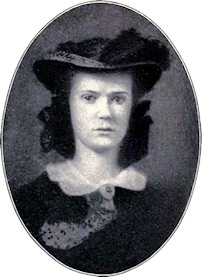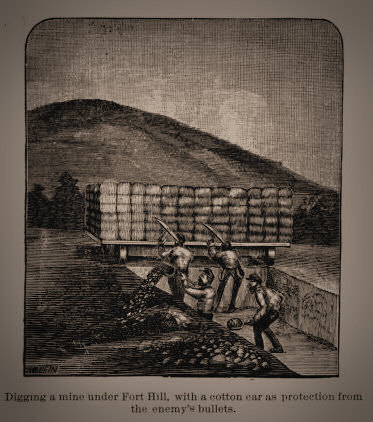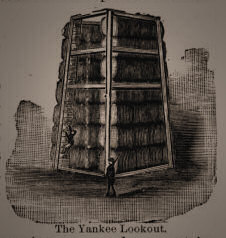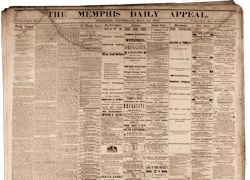June 10, 1863, Montgomery Weekly Advertiser
The fiends, under Cornyn, developed, as usual, the absence of all manly instincts in their depredations on women. For instance:
They robbed a poor old lady of a little coffee and sugar, that she had preserved with sedulous care.
They threatened to burn down the dwelling house of a lady, who proposed to purchase immunity from the outrage, by giving them $1000. The leader of the squad agreed to her proposition, but, after receiving the money, said, he would burn the smokehouse and other outbuildings. “What!” said the lady; “after receiving my money?” The fellow replied: “That was only to save the dwelling house,” and intimated that more money would be required to redeem the smoke house, &c. The lady, indignant at the fellow’s bad faith, in spirit though not in word, told him: “You may as well burn my house and all, as to deprive me of my means of living” and refused to surrender any more black mail. He then levelled a pistol at her, but she was resolute and unflinching, and the fellow abashed by her courage, desisted.
The Vandals seized a carriage, occupied by a young lady, and ordered her to get out. She flatly refused, saying, it was her carriage, and she would not give it up.–They persisted in their order, telling her, if she did not get out, they would take her off with the carriage. She told them: “Very well, wherever that carriage went she would go.” Accordingly, they drove off “the booty and beauty” together to the Colonel, Cornyn, who contrary to his antecedents, harkened to her persistent claim of property and released the carriage.–Huntsville Confederate.








 From the diary of Osborn H. Oldroyd
From the diary of Osborn H. Oldroyd

